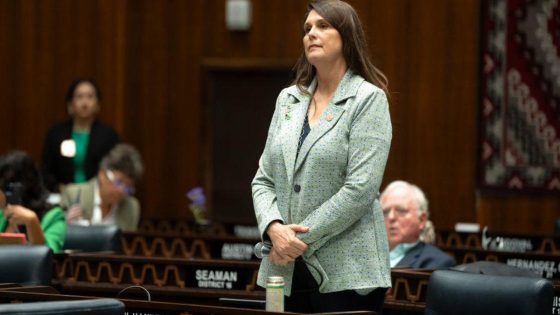The potential megamerger between Kroger and Albertsons, two of the largest supermarket operators in the United States, is on hold while lawsuits play out in state and federal court.
On Thursday, the two companies agreed to a temporary injunction in Colorado – where the state Attorney General Phil Weiser sued to block the $24.6 billion deal from closing. Weiser said the merger violated Colorado antitrust laws and would cause “irreparable harm” to “consumers, workers and suppliers.”
Simultaneously, the Federal Trade Commission has filed a lawsuit in federal court in Oregon, raising concerns the deal would lead to higher prices, fewer choices for consumers and threaten employee’s ability to secure higher wages.
The federal agency is also pursuing an injunction. A hearing is expected to occur on August 26.
Thursday’s preliminary injunction, granted by Colorado Judge Andrew Luxen, will ultimately cancel a hearing that was supposed to happen on August 12. The trial to determine a permanent injunction is set to begin on September 30.
A spokesperson for Kroger and Albertsons said the preliminary injunction was “welcome news.”
“We look forward to defending in court how the combination of Kroger and Albertsons will provide meaningful, measurable benefits, including lower prices and more choices for families across the country and more opportunities for stable, well-paying union jobs,” the spokesperson said.


The powerful merger between Kroger and Albertsons was initially announced in October 2022. The two companies proposed joining in order to compete with retailers such as Amazon and Walmart. In exchange for regulatory approvals, they agreed to sell more than 579 current store.
Kroger operates more than 2,700 stores including chains such as Harris Teeter, Smith’s and Fred Meyer. Albertsons operates more than 2,200 store locations including popular chains such as Acme Markets, Safeway and Vons.
But state and federal watchdogs moved to block it, fearing that it would reduce competition and raise consumer prices.
“Kroger’s acquisition of Albertsons would lead to additional grocery price hikes for everyday goods, further exacerbating the financial strain consumers across the country face today,” Henry Liu, the director of the FTC’s Bureau of Competition said in a statement.
“Essential grocery store workers would also suffer under this deal, facing the threat of their wages dwindling, benefits diminishing, and their working conditions deteriorating,” he added.
Source Agencies



